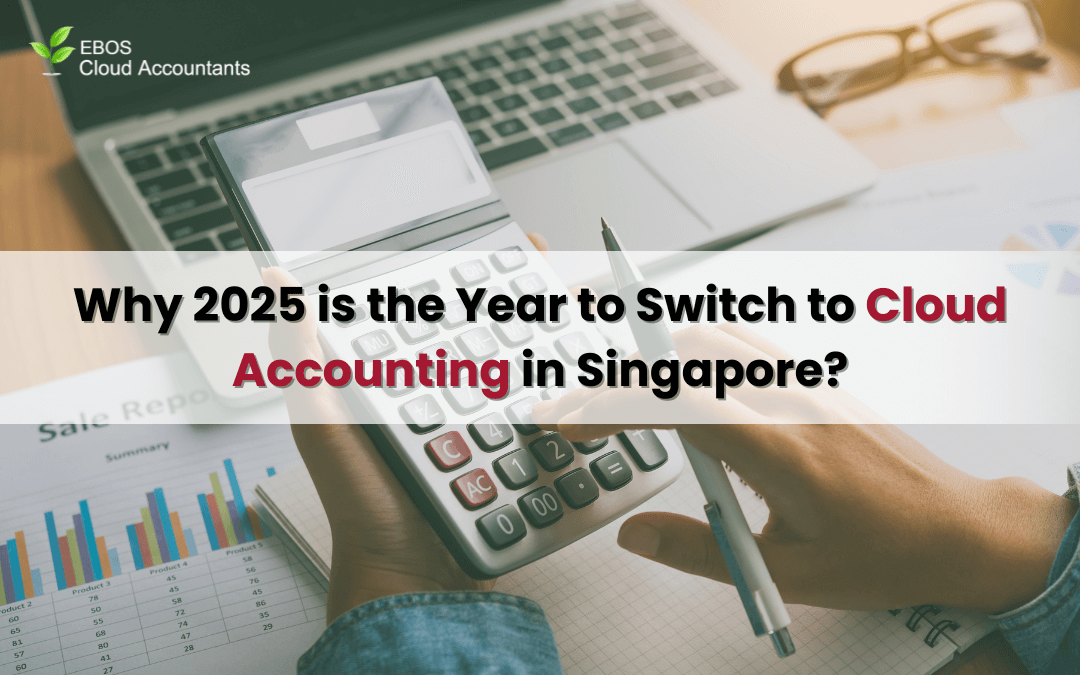As businesses in Singapore continue to evolve in a digital-first economy, adopting cloud accounting has never been more critical. In 2025, advancements in technology, regulatory shifts, and business demands make cloud accounting the optimal solution for financial management. Here’s why now is the perfect time to make the switch.
1. Government Support and Compliance Simplification
The Singapore government actively promotes digital transformation through initiatives like the Smart Nation program and Productivity Solutions Grant (PSG). These grants help businesses adopt cloud accounting solutions, reducing costs and making compliance with the Accounting and Corporate Regulatory Authority (ACRA) and the Inland Revenue Authority of Singapore (IRAS) more seamless.
2. Enhanced Efficiency and Automation
Cloud accounting software automates manual processes such as bank reconciliation, invoicing, and payroll management. This leads to fewer errors, faster processing times, and improved overall efficiency for finance teams.
3. Real-Time Financial Insights for Better Decision-Making
With cloud accounting, businesses can access real-time financial data from anywhere, allowing for more informed and timely decision-making. This is particularly useful for small and medium-sized enterprises (SMEs) looking to scale effectively.
4. Integration with Other Business Tools
Leading cloud accounting platforms integrate seamlessly with CRM systems, e-commerce platforms, and tax filing systems. This connectivity streamlines workflows and reduces redundancies, helping businesses manage operations more effectively.
5. Cost-Effectiveness and Scalability
Unlike traditional accounting software that requires costly installations and maintenance, cloud solutions operate on a subscription model. This makes it a more affordable option that scales with business growth, eliminating the need for expensive hardware upgrades.
6. Stronger Security and Data Protection
Cybersecurity threats are increasing, and businesses must protect their financial data. Cloud accounting platforms provide advanced security measures such as encryption, automated backups, and multi-factor authentication to ensure data integrity.
7. AI and Machine Learning Enhancements
By 2025, AI-driven features in cloud accounting software will provide predictive analytics, fraud detection, and intelligent automation, making financial management smarter and more proactive.
8. Remote Work and Accessibility
With hybrid work becoming the norm, businesses need accounting solutions that support remote access. Cloud accounting enables teams to collaborate in real time, ensuring financial operations continue smoothly regardless of location.
Conclusion
2025 is set to be a transformative year for businesses in Singapore, and switching to cloud accounting is a strategic move toward efficiency, compliance, and financial growth. With government incentives, enhanced automation, and security benefits, there’s no better time to make the transition and future-proof your business finances.
Check out our website at https://ebos-sg.com/ to explore more articles and discover how our Cloud Accountant Services can support you on your business.







